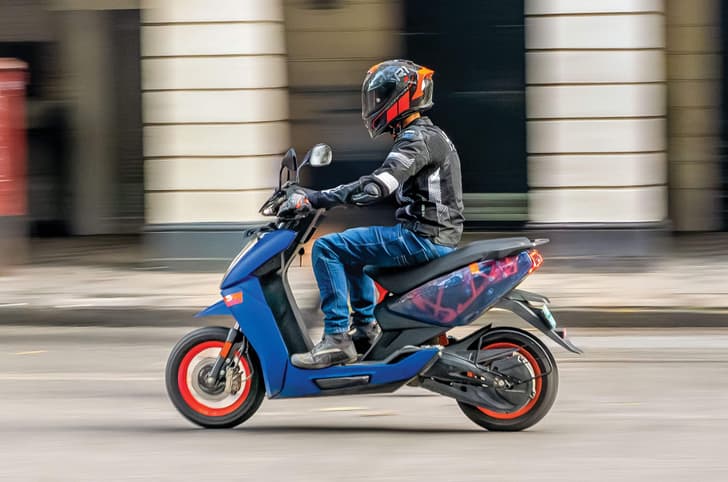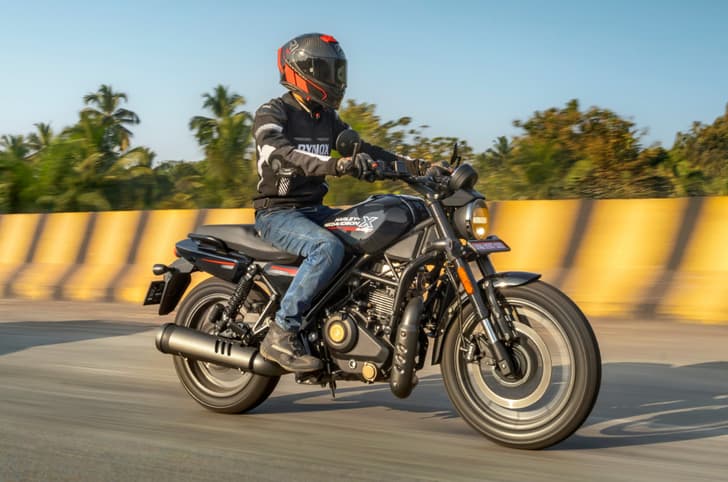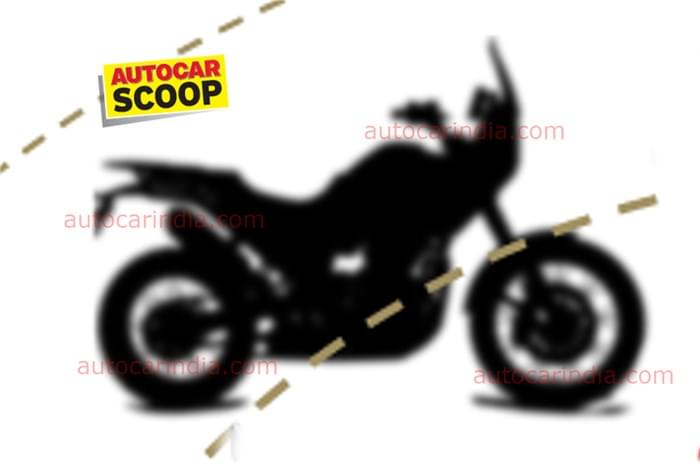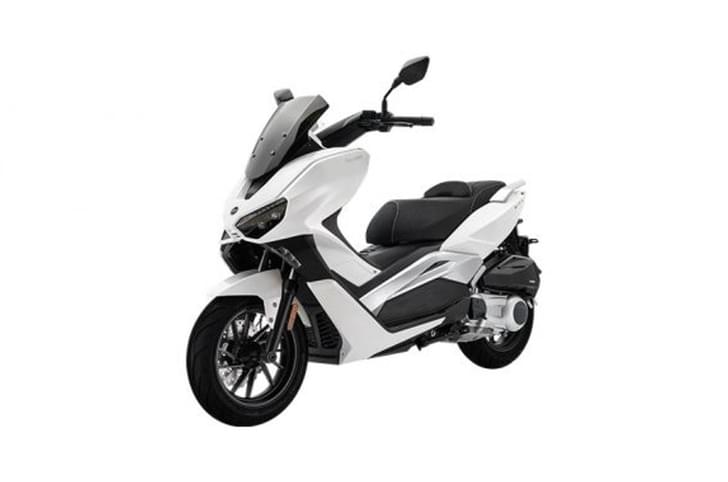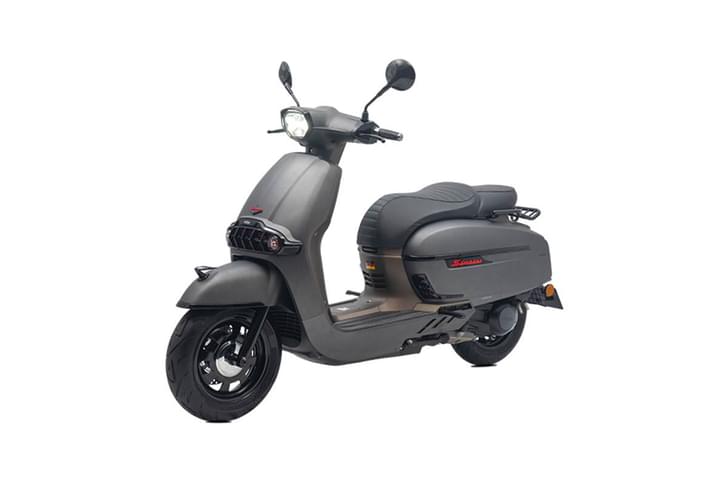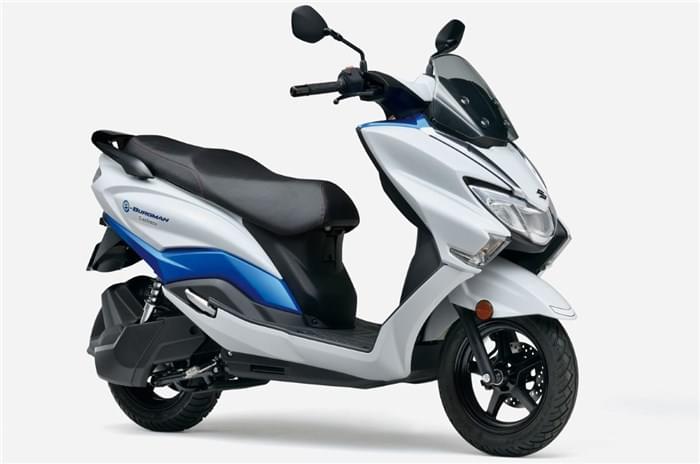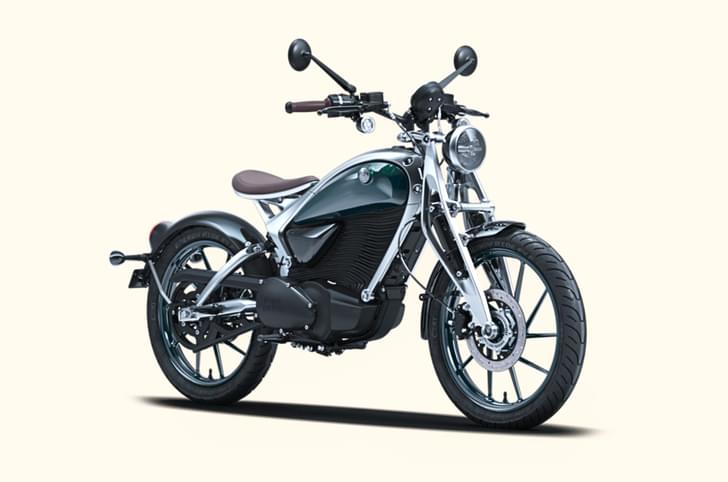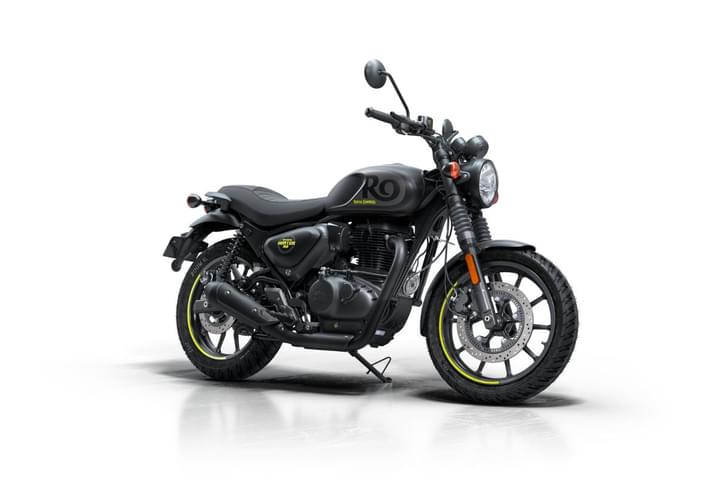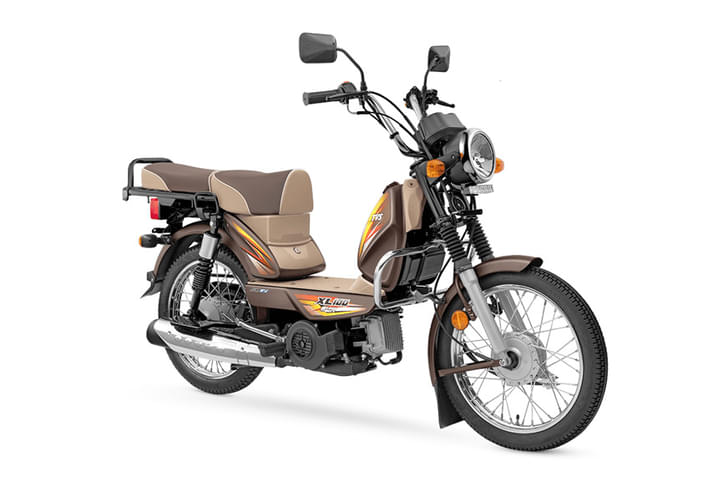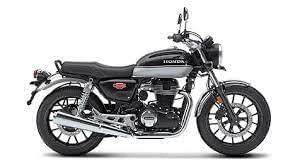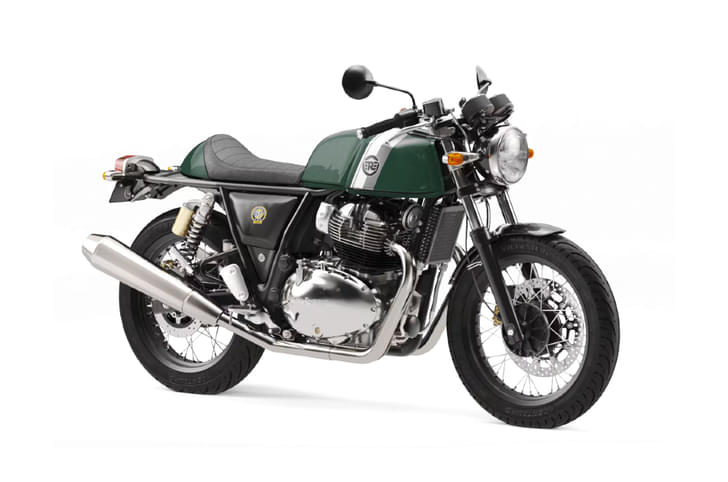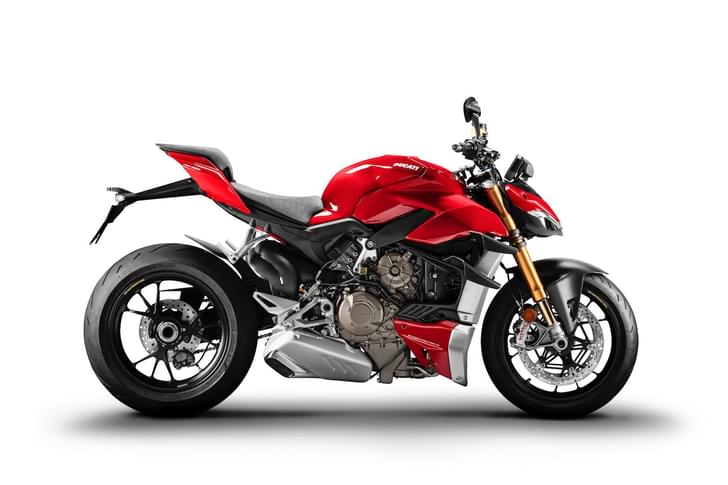The KTM 790 Duke is an addictive thriller of a motorcycle, with an aggressive engine paired to a lightweight, super-sharp chassis.
But the stock suspension always felt like the weak link, especially on Mumbai’s miserable roads. The bike struggled to deal with bumps and imperfections, with the rear end feeling wallowy under power and painfully crashy over bigger hits. The front, meanwhile, couldn’t be trusted while accelerating aggressively (something this bike lives to do) over rough/rippled surfaces.
After one massive, near pants-wetting tank slapper, I had the stock 5w oil in the steering damper swapped for much heavier 20w oil, which put a bandage on the problem, but certainly didn’t fix it. It was clear that this bike deserved better suspension and my search led me to British specialist, K-Tech. We’ll talk more about why K-Tech a little later, but for now let’s elaborate on what high-end suspension is all about.
THE NEED
You’ll often hear how tyres are so important because they’re your only point of connection with the road. While that’s absolutely true, what doesn’t get considered as much is the fact that the suspension is what keeps your tires connected to the tarmac. Aside from proper performance oriented machines, suspension often ends up being overshadowed on most motorcycles, which get basic components that get the job done. You’ll find this across almost all budget motorcycles and it’s a similar story on cruisers, modern classics and many naked bikes as well, with the 790 Duke being a great example.

Budget suspension usually doesn’t give you any control over the settings and the way it is set-up is almost always a compromise. The manufacturer has to set it up to work across a huge range of scenarios, including riders of different weights, as well as to account for a pillion, luggage, poor roads, aggressive cornering and so on. What you usually get is a set-up that works, but never excels for your particular requirement. For some riders, ‘okay’ is just fine, but for others like myself, that just isn’t an option.
THE SOLUTION
The only answer was to explore the world of high-end, aftermarket suspension. The KTM’s rear shock was replaced by a K-Tech Razor R unit, while the front suspension received a new K-Tech cartridge kit that resides in the stock outer tubes. Both ends are fully adjustable for spring preload as well as compression and rebound damping. The rear shock is also ride height adjustable. The front springs are sold separately and are based on the rider’s weight, which needs to be specified during the buying process. Both ends use linear springs, unlike the progressive springs that you’ll find in most budget OEM suspension. Again, that’s because the progressive springs are designed to work around a wide range of scenarios, whereas the linear springs can be specced to your weight and riding style.
I had the opportunity to install the shock first before the cartridge kit arrived a couple of months later, and that alone solved most of my issues with the motorcycle. I started off with K-Tech’s recommended settings before eventually making a few tweaks of my own over time. The immediate impression was that the shock felt firmer, but more absorptive at the same time. Simply sitting on the bike revealed that it didn’t sag as much as the OEM unit, although it’s worth considering the side effect of the bike feeling a little taller.
While it certainly hasn’t transformed the bike into some luxurious ADV (this is still a sporty suspension for a sporty motorcycle), the new shock has taken the sting out of the nasty bumps that arrive every few seconds in Mumbai. I no longer have a sore lower back after long rides and that’s a lovely feeling, but it’s not just comfort that has improved. The slippery concrete roads here, along with the KTM’s instant engine responses, mean that third and fourth gear wheelspin is a very normal thing.
The new shock has made another great improvement here, as the rear tyre is able to find more traction – and it’s far more predictable when the bike does eventually break into a slide. Once the front cartridge was installed, the front end felt firmer and more predictable in terms of what would happen when hitting a bump. I’m also far more confident in the bike’s ability to behave itself when hitting bumps at speed. Another happy offshoot is that there’s a clear improvement in the brake feel because the suspension dive is so much better controlled and easy to read. I think the real potential of the front end will be revealed at the race track, which is something I aim/hope to do in the coming months. We’ll have a long-term report out on how the bike fared when a track day eventually happens.
WHY SO EXPENSIVE?
The K-Tech front cartridge costs Rs 82,990 (with the springs and oil), while the rear shock retails at Rs 79,990. That is, undoubtedly, a huge amount of money, so let’s try to understand why. If you break it down, suspension basically comprises a spring and oil flow that controls the motion of that spring. The control of the downwards motion is called compression damping and the control of the upwards motion – as the spring re-extends – is called rebound damping. Really good suspension distinguishes itself in how well that oil flow ‘damping’ is controlled – and how much control you get over the process.
Obviously, the R&D, design and engineering is what you pay for, but there are other aspects. These components are all about precision engineering and exceptionally tight tolerances, and that sort of quality control costs money. Where budget suspension is mostly made using cheaper materials and more affordable casting processes, the K-Tech units are exceptionally high quality, with beautiful CNC-machined aluminium components all around. It explains why the aftermarket parts were significantly lighter than the OEM KTM units.
Company founder Chris Taylor tells me that the big price challenge is in the manufacturing volumes. These are low volume components that are often built to order, and as anyone in the manufacturing field will tell you, lower prices are directly linked to higher volumes. And of course, there’s our import duty structure to consider on top of that as well.
Finally, there’s the granularity of control. High-end suspension gives you much more fine-tuned control, even when compared with some good-quality adjustable OEM suspension. The K-Tech shock, for example, has 30 clicks of compression damping and 32 clicks of rebound damping adjustability. Every click makes a difference and that allows you to fine tune the setting based on your speed, riding environment and even the age of the suspension oil.
The primary appeal is that K-Tech is usually a little more affordable than competitors like Nitron, WP, Ohlins and so on. There are a couple of aftermarket suspension options being sold in India, including the famed golden stuff from Sweden, but unlike most other brands, you will actually have official service support here from K-Tech’s local distributor MotoPoto LLP. Service is something motorcycle manufacturers tend to brush under the carpet (probably because most basic shocks are non-serviceable), but suspension needs it too. Just like engine oil, suspension oil is put through immense stress and it degrades with time, which reduces its ability to perform consistently.
MotoPoto suggests a service every 30,000km of road use or after one season of racing if that’s what you’re doing. A service includes a full strip down, replacement of bushes and seals and fresh oil (plus gas in the rear shock). MotoPoto also supports its customers and race teams with set-up guidance and spare part availability. Set-up is a vital part of the process because a poor set-up will ruin your riding experience no matter how good the components are. Suspension set-up is a bit of an art that I’m thoroughly enjoying the process of learning, but if you’re not into that, an experienced professional can help you find the right settings for your needs.
A significant part of K-Tech’s business includes making service kits for other premium brands, so if you have Ohlins, KYB, Showa or Sachs components, MotoPoto can support you with service there as well. K-Tech doesn’t have the same pedigree on the world racing stage as Ohlins, but the company has proven itself over the past two decades at numerous high-level racing events like the Isle of Man TT, BSB and more. It also has a big presence in the off-road space. K-Tech’s riders include legends like 23-time TT winner John McGuinness and 16-time TT winner Ian Hutchinson, among many championship











